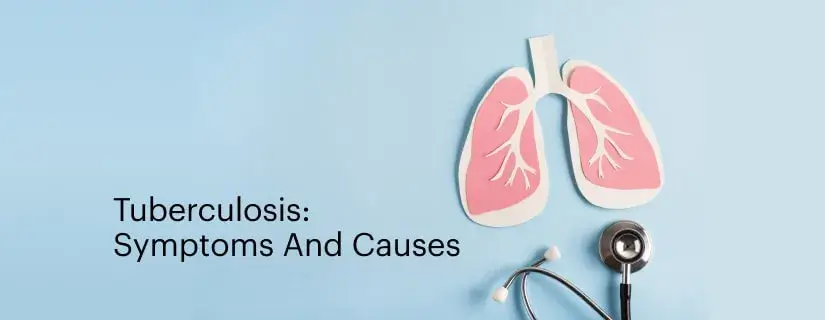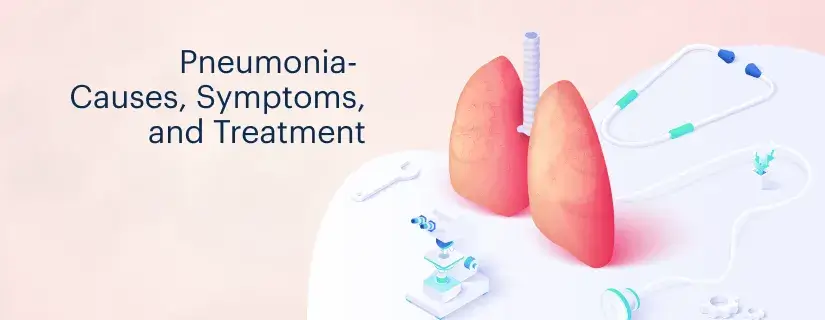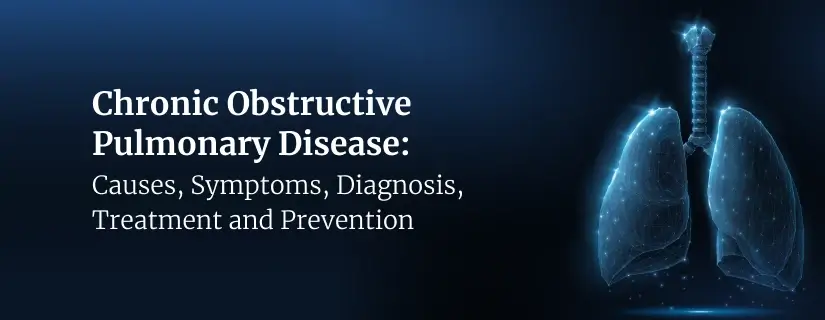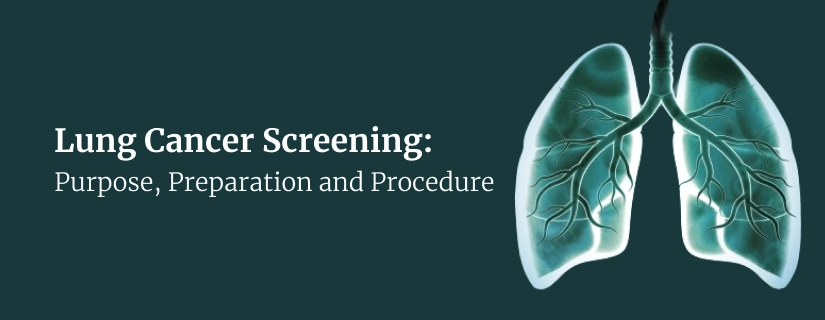-
Doctors
-
Specialities & Treatments
Centre of Excellence
Specialties
Treatments and Procedures
Hospitals & Directions HyderabadCARE Hospitals, Banjara Hills CARE Outpatient Centre, Banjara Hills CARE Hospitals, HITEC City CARE Hospitals, Nampally Gurunanak CARE Hospitals, Musheerabad CARE Hospitals Outpatient Centre, HITEC City CARE Hospitals, Malakpet
HyderabadCARE Hospitals, Banjara Hills CARE Outpatient Centre, Banjara Hills CARE Hospitals, HITEC City CARE Hospitals, Nampally Gurunanak CARE Hospitals, Musheerabad CARE Hospitals Outpatient Centre, HITEC City CARE Hospitals, Malakpet Raipur
Raipur
 Bhubaneswar
Bhubaneswar Visakhapatnam
Visakhapatnam
 Nagpur
Nagpur
 Indore
Indore
 Chh. Sambhajinagar
Chh. SambhajinagarClinics & Medical Centers
Book an AppointmentContact Us
Online Lab Reports
Book an Appointment
Consult Super-Specialist Doctors at CARE Hospitals
Asthma Diet: What to Eat and What to Avoid
Updated on 11 December 2023
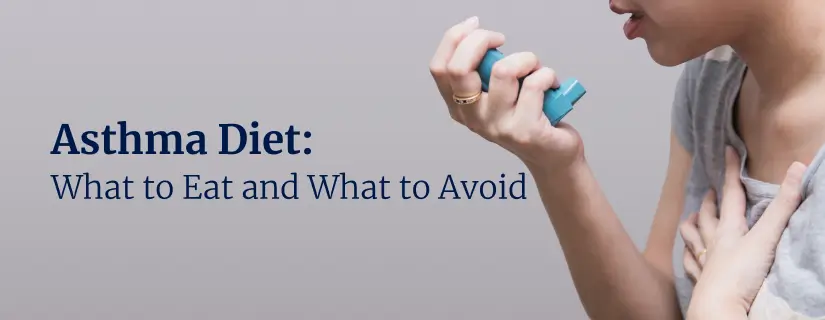
Asthma is a chronic lung disease where airways become inflamed and constricted, making breathing difficult. While not curable, asthma can be controlled by treatment and avoiding triggers. Diet is essential, as some foods may decrease swelling, but others could worsen symptoms.
Early evidence indicates that no single food or nutrient can improve asthma symptoms on its own. However, individuals with asthma may benefit from consuming a well-balanced diet rich in fresh fruits and vegetables.
Food also plays a role in relation to allergies. Food allergies happen when the immune system has an overreaction to specific proteins in foods, which can sometimes trigger asthma symptoms.
Here, we will enlist the worst and best foods for asthmatics to avoid and eat.
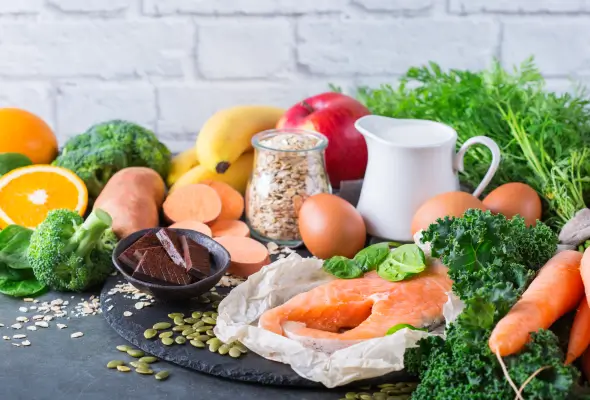
8 Best Foods For Asthma
1. Fruits and Vegetables
Fruits and vegetables are essential for an asthma-friendly diet due to their:
- Antioxidants
- Vitamins
- Minerals
- Fibre
Citrus fruits such as oranges, grapefruits, lemons and limes provide immune-strengthening vitamin C. This antioxidant helps shield respiratory cells from inflammatory harm. Regularly eating citrus may boost lung function.
Leafy greens that offer benefits include:
- Spinach
- Kale
- Cabbage
- Lettuce
These are just some of the greens that provide antioxidants like:
- Beta-carotene
- Lutein
- Quercetin
These compounds block inflammatory pathways in the lungs. Leafy greens also contain vitamin E, magnesium, and omega-3 fatty acids to control swelling.
- Sweet Potatoes are good antioxidants that have beta-carotene.
- Carrots and tomatoes also supply beta-carotene and lycopene, another important antioxidant.
- Red and yellow bell peppers have high levels of vitamin C.
Aim to fill half your plate with fruits and vegetables at each meal to take advantage of their immune-boosting powers.
2. Nuts and Seeds
- Nuts and seeds are nutritious additions to an asthma diet because they contain healthy fats and vitamin E.
- The omega-3 fatty acids in walnuts, almonds, and flaxseeds have natural anti-inflammatory effects.
- Vitamin E is an antioxidant that protects lung tissue from free radical damage and cellular mutations.
- Sunflower seeds and pumpkin seeds also provide Vitamin E, along with magnesium, zinc, and selenium.
These minerals enable proper immune system function. Aim for a small handful of nuts or seeds daily. Add them to oatmeal, smoothies, salads or just enjoy them as a snack.
3. Fatty Fish
Fatty fish like salmon, mackerel, tuna, sardines, and trout are phenomenal foods for managing asthma symptoms.
- Cold water fish supply high amounts of anti-inflammatory omega-3 fatty acids called EPA and DHA.
- Eating fish two to three times per week can significantly lower inflammation throughout the body.
- In addition to fresh fish, consider seafood rich in Omega-3 or its supplement.
- Canned tuna and salmon are other convenient ways to get more EPA and DHA.
4. Herbs & Spices
Herbs and spices like turmeric, ginger, garlic, cinnamon, and black pepper are extremely beneficial for asthma patients. Many contain potent compounds that inhibit inflammatory responses.
- Turmeric has the antioxidant curcumin that blocks the activation of genes involved in inflammation.
- Ginger also suppresses several inflammatory mediators.
- Garlic, cayenne, cinnamon, and black pepper have similar effects.
When cooking, generously season dishes with these herbs and spices instead of salt to amplify flavour and health benefits. Turmeric and ginger can also be consumed as supplements or tea.
5. Whole Grains
Refined grains like white rice, bread, and pasta are best limited on an asthma diet. These processed grains have the bran and germ removed, stripping away beneficial nutrients like:
- Fibre,
- Vitamin E,
- Vitamin B,
- Magnesium, and
- Healthy Fats.
Instead, opt for whole grain products like brown rice, whole wheat bread and pasta, oats, quinoa, barley, and buckwheat.
The nutrients in whole grains reduce oxidative stress and damage to the airways.
The fibre also promotes healthy gut bacteria tied to decreased inflammation.
6. Beans
Beans and lentils offer a wealth of benefits for asthma patients, making them the best asthma food to eat.
- They provide lean protein along with minerals like potassium, magnesium, and zinc that facilitate proper lung function.
- Beans also contain antioxidants and fibre that dampen inflammation.
- Some top choices are kidney beans, black beans, navy beans, chickpeas, and lentils.
Aim to eat beans or lentils at least a couple of times a week. They make excellent additions to soups, salads, stews, and grain bowls.
7. Yoghurt & Kefir
Probiotic-rich foods like yoghurt or kefir introduce healthy bacteria into the gut.
- Emerging research shows that probiotics and prebiotics from fermented dairy may reduce inflammation involved in asthma.
- Look for unsweetened varieties and aim for 1-2 servings daily. Moreover, yoghurt supports respiratory health from the inside out by promoting a diverse, well-balanced microbiome.
8. Green Tea
Sipping on green tea is an easy way to harness the power of antioxidants for asthma relief.
- Green tea contains catechins like Epigallocatechin Gallate (EGCG) that have strong anti-inflammatory and immune regulating effects in the body.
- Studies indicate green tea relaxes bronchial airways and may protect lung tissue from oxidative damage.
- Brew up a cup or two per day to take advantage of the unique health compounds green tea offers.
8 Foods To Avoid With Asthma
1. Processed and Fried Foods
Heavily processed foods are often high in inflammatory fats and lack nutrients, making them the worst food for asthma. Some of them are -
- potato chips,
- crackers,
- store-bought baked goods and
- microwave meals.
Frying starchy foods like french fries and doughnuts also create irritating Acrylamide compounds. Limiting intake of processed and fried items can help prevent asthma flares.
2. Sugary Foods and Drinks
Excess sugar causes system-wide inflammation and suppresses immune function.
- candy
- baked goods
- sweetened beverages
- desserts
3. Alcohol
Alcohol is a common asthma trigger that can dilate the bronchial airways and provoke wheezing, coughing, and shortness of breath. Those with asthma should limit alcohol intake and drink only in careful moderation, if at all.
4. Fast Food
Fast food that tends to be high in inflammatory saturated fats, sodium, and chemical preservatives include:
- burgers,
- fries,
- carbonated drinks,
- chips,
- pizza, and
- fried chicken
Cutting down on the occasional indulgence of fast food can benefit asthma patients.
5. Dairy
- Milk, cheese, yoghurt, and other dairy products are common asthma triggers, especially for children.
- Limiting dairy intake and switching to plant-based milk alternatives like almond, coconut, or oat milk may help control symptoms.
6. Caffeine
- Caffeine found in coffee, tea, soda, energy drinks, and chocolate can overstimulate the airways.
- Capping caffeine intake at 200-300 mg daily (about 2 cups of coffee) is wise for those with asthma.
7. Food Allergens
Common food allergens can provoke asthma flares in susceptible people by triggering immune reactions, including:
- wheat,
- soy,
- eggs,
- tree nuts,
- peanuts, and
- shellfish.
Getting allergy tested and avoiding specific allergens can help prevent asthma problems.
8. Sulfite-containing Foods
- Sulfites used as preservatives in dried fruit, wine, bottled lemon juice, shrimp, and some medications can induce asthma symptoms in those with sulfite sensitivity.
- Checking labels and avoiding sulfite-containing foods as needed is recommended.
Worst Food for Asthma
Asthma is a chronic condition that can be triggered or worsened by certain foods and dietary habits. Here are some of the worst foods for asthma:
- Processed Foods: Fast food, chips, and packaged snacks often contain preservatives, artificial colors, and flavors that can trigger asthma symptoms.
- Dairy Products: Milk, cheese, and yogurt can increase mucus production in some individuals, potentially worsening asthma symptoms.
- Foods High in Sulfites: Dried fruits, wine, and certain processed foods contain sulfites, which can trigger asthma attacks in sensitive individuals.
- Foods with Artificial Additives: Artificial sweeteners, preservatives, and flavor enhancers like MSG can provoke asthma symptoms in some people.
- Salty Foods: Processed meats, canned soups, and salted snacks can lead to water retention and inflammation, potentially exacerbating asthma.
- Acidic Foods: Tomatoes, citrus fruits, and vinegar can cause acid reflux, which can trigger asthma symptoms.
- Foods You Are Allergic To: Any allergy-triggering foods like peanuts, shellfish, or eggs should be avoided, as allergic reactions can worsen asthma symptoms.
- High-Fat Foods: Fried foods, fatty meats, and creamy sauces can increase inflammation and worsen asthma.
- Cold Foods and Beverages: Ice cream, cold drinks, and other chilled items can cause bronchial spasms in some asthma sufferers.
- Foods with High Histamine Levels: Aged cheeses, fermented foods, and certain fish can increase histamine levels, potentially triggering asthma symptoms.
Tips for Better Nutrition
For those experiencing a poor appetite and fatigue due to asthma symptoms or medications, here are some helpful tips:
- Take daily supplements: If your diet isn't providing enough nutrients or you have a reduced appetite, a daily multivitamin can help. Long-term use of high-dose oral steroids can reduce calcium absorption and cause bone loss, so ask your doctor about the appropriate calcium intake for you.
- Breathe evenly while eating: Make sure to breathe steadily while chewing and eating. Try to stay relaxed during meals, and pause if you need to catch your breath.
- Prepare and freeze extra meals: Double or triple your favorite recipes and freeze the extra portions. This way, you'll have homemade meals ready for days when you don’t feel like cooking.
- Plan tasks for when you have the most energy: Activities like grocery shopping can be exhausting, so tackle them when you're feeling your best, such as in the morning or after a rest. Alternatively, ask a friend or family member to help with your shopping.
- Sit while working in the kitchen: Avoid standing if you can sit instead. Keep a barstool by the kitchen counter, or do your chopping, cutting, and mixing at the kitchen table.
Conclusion
Diet significantly impacts asthma control and prevention. Focus on incorporating green, leafy, fresh, whole foods high in antioxidants and anti-inflammatory compounds. Avoid heavily processed items, common allergens, and irritating ingredients.
Work closely with your doctor and nutritionist to determine the best dietary plan for your specific needs. With the right lifestyle changes, most asthma patients can effectively manage their condition.
Dr. Ms Sunitha
Sr Dietician
CARE Hospitals, Musheerabad, Hyderabad
FAQs
1) What is the best food for asthma?
Foods rich in antioxidants, vitamins C and E, and omega-3 fatty acids are good for asthma. Examples include fruits, vegetables, nuts, seeds, and fish.
2) Is curd good for asthma patients?
Curd can be good for asthma patients as it is a source of probiotics, which may help improve gut health and boost immunity. However, if dairy triggers your asthma, it’s best to avoid it.
3) What can I drink to stop asthma?
Drinking warm beverages like herbal teas, ginger tea, or water with honey and lemon can help soothe asthma symptoms. Staying hydrated with water is also important.
4) What foods should I avoid if I have asthma?
Avoid foods that can trigger asthma symptoms, such as processed foods, foods high in sulfites (like dried fruits and wine), artificial additives, and allergens like nuts or shellfish if you’re allergic.
5) What foods should I eat to maintain a healthy weight with asthma?
To maintain a healthy weight with asthma, eat a balanced diet with plenty of fruits, vegetables, whole grains, lean proteins, and healthy fats. Avoid overeating and choose nutrient-dense foods.
6) Can we drink milk with asthma?
You can drink milk with asthma unless you have a dairy allergy or intolerance that triggers your asthma symptoms. If dairy causes mucus buildup or worsens symptoms, it’s best to avoid it.

ENQUIRY FORM
SELECT CATEGORIES
-
Neurosciences (16)
-
Neurology (37)
-
Neurosurgery (14)
-
Orthopaedics (48)
-
Oncology (33)
-
Obstetrics and gynecology (52)
-
Pulmonology (23)
-
Urology (20)
-
Nephrology (13)
-
Psychiatry (7)
-
Dietetics and Nutrition (111)
-
General Medicine (63)
-
Cardiac Sciences (32)
-
Vascular & Endovascular Surgery and Interventional Radiology (15)
-
Gastroenterology (46)
-
Endocrinology (23)
-
Plastic Surgery (10)
-
Critical Care Medicine (5)
-
COVID-19 (16)
-
Dermatology (16)
-
Emergency Care (1)
-
Ophthalmology (4)
-
Pediatrics (14)
-
Laparoscopic and Bariatric Surgery (8)
-
ENT (15)
-
Kidney Transplant (1)
-
Liver Transplantation and Hepatobiliary Surgery (5)
-
General Surgery (3)
-
Internal Medicine (5)
-
Medicine Information
Pulmonary Stenosis: Symptoms, Causes, Diagnosis and Treatments
Insomnia: Symptoms, Causes and Home Remedies
YOU MAY ALSO LIKE
RECENT BLOGS
-

Preterm Birth (Premature Birth): Symptoms, Causes, Treatment and Prevention
13 May 2025
Read More
-

Rotablation Angioplasty: Benefits, Treatments, And Recovery Time
9 May 2025
Read More
-

What Is The Difference Between IUI and IVF?
9 May 2025
Read More
-

Venous Malformations: Causes, Symptoms, and Treatment
30 April 2025
Read More
-

Varicose Vein Foam Sclerotherapy: Treatment, Benefits, and Procedure
30 April 2025
Read More
-

Radiofrequency (RF) Ablation Treatment for Varicose Veins: Know More
30 April 2025
Read More
-

Varicose Vein Sclerotherapy: Treatment, Benefits, and Procedure
30 April 2025
Read More
-

Varicose Vein Endovenous Laser Ablation: Procedure, Benefits, Risks
30 April 2025
Read More
Have a Question?
If you cannot find answers to your queries, please fill out the enquiry form or call the number below. We will contact you shortly.











